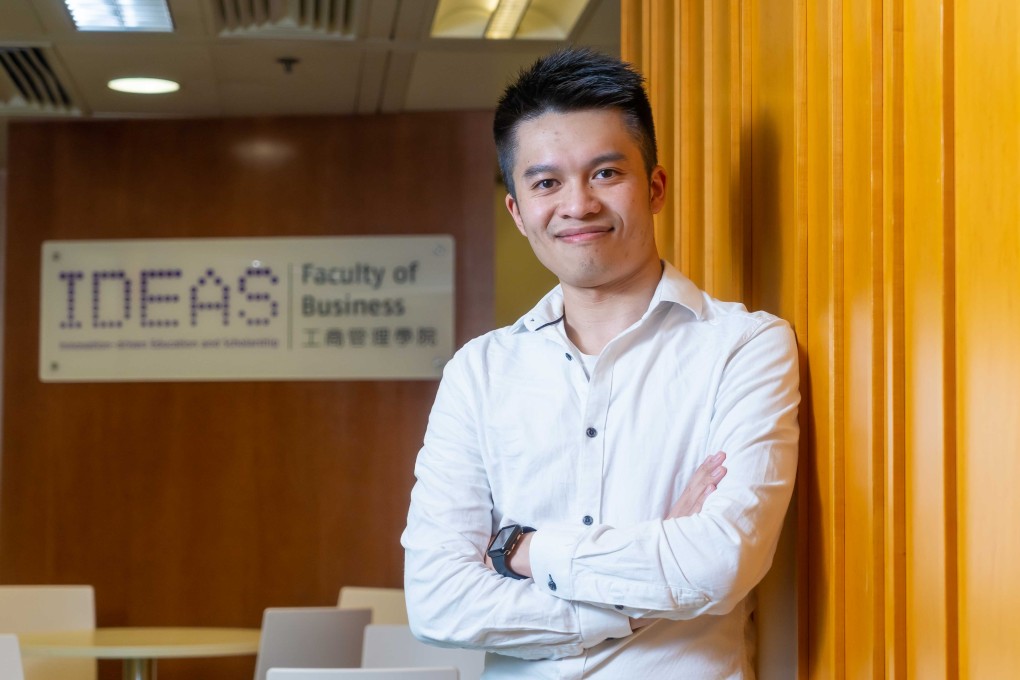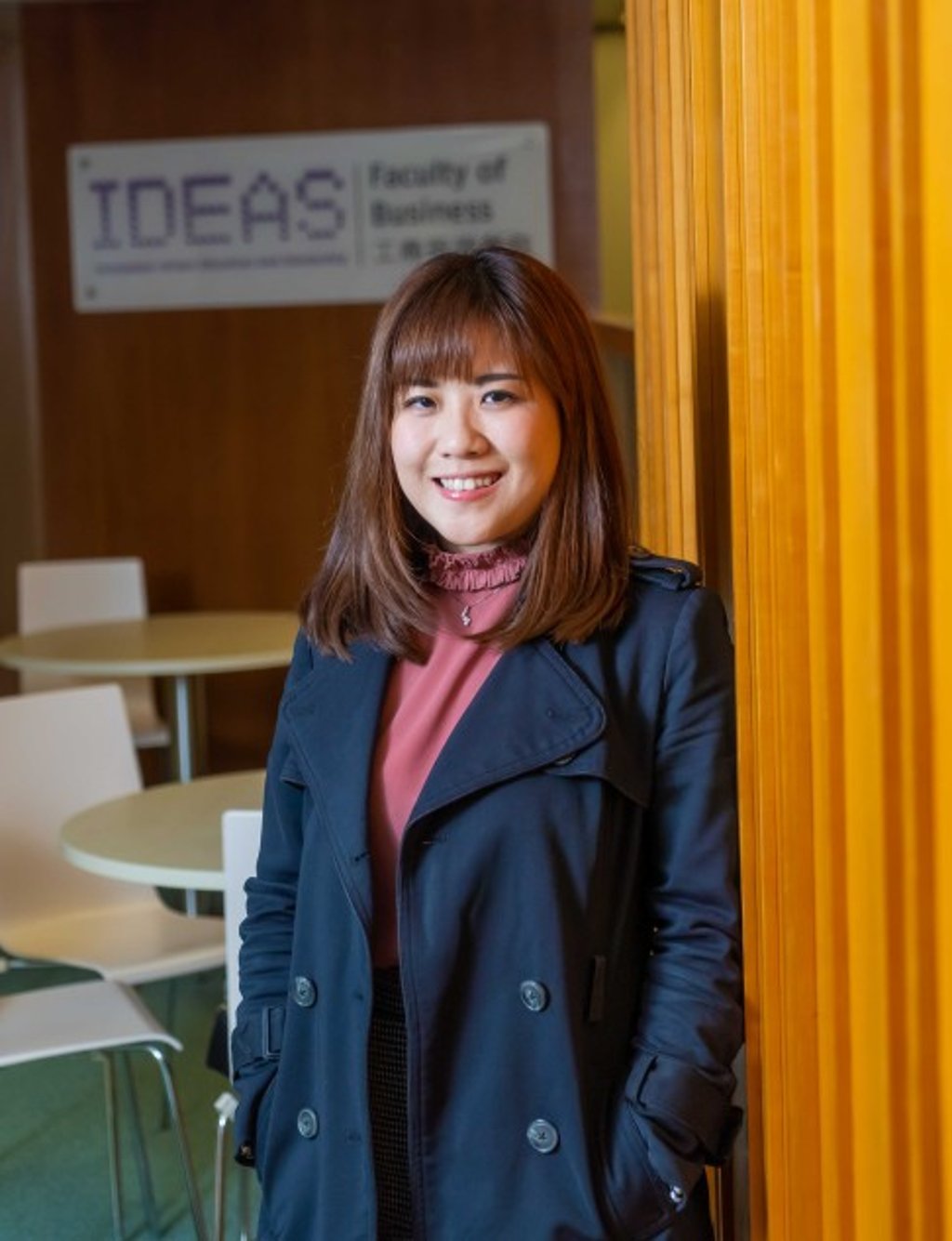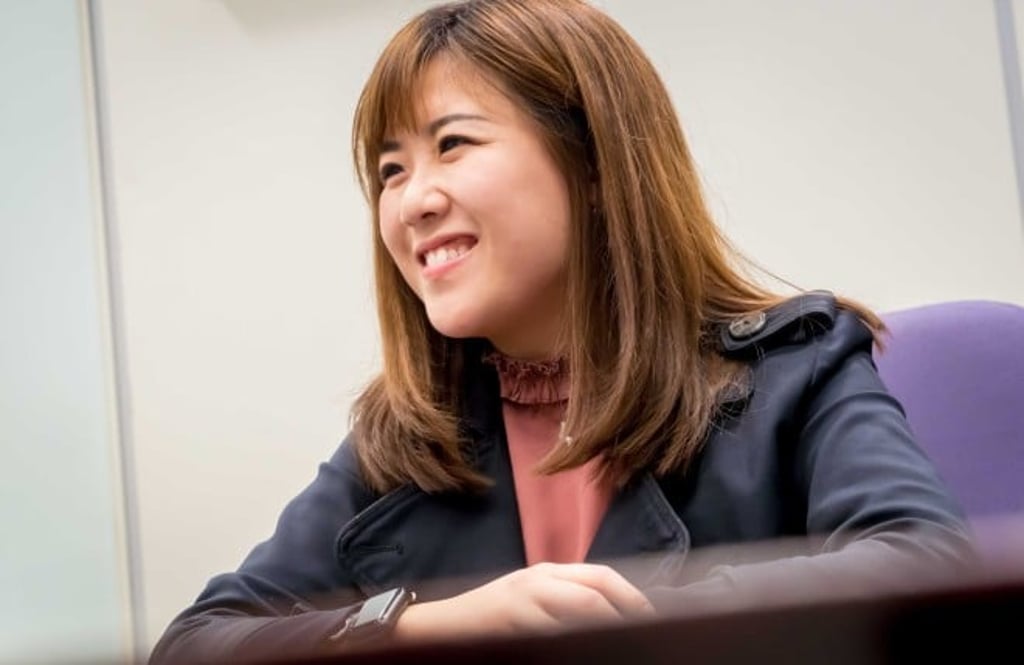MSc enhances marketing and management skills

[Sponsored Article]
Combining theoretical aspects with leading-edge practice, the MSc in Marketing Management offered by The Hong Kong Polytechnic University gives students the skills and know-how to stand out in today’s fast-moving business environment.
The programme, which is available in both part- and full-time modes, covers everything from market analysis and managerial issues to effective online advertising and devising global strategies. And, in dealing with such areas, it also illuminates the steps and methods needed to find new markets, develop opportunities, resolve problems, and create the kind of content that has real impact on digital platforms and in social media campaigns.
That makes the course especially attractive for executives from non-marketing backgrounds, who find themselves taking on new responsibilities for such activities - or can expect to do so as their careers advance.
And by having the flexibility to complete all course requirements within five years, students can, if necessary, adjust course-loads to move at their preferred pace and accommodate other work- or family-related commitments.
“I also liked being able to hand-pick electives,” says Felix Wong, who began the part-time mode in September 2015, finished in 2017, and confirms the programme provided vital knowledge, but also made him more self-confident, a more fluent writer, and better at making decisions and allocating resources. “Throughout, I was very impressed by the quality of the lectures and the group projects. From talking to alumni, I was already aware of the reputation of the MSc and the university, but I gained important new insights in areas ranging from macro economics and metrics to promotion and advertising.”
Like other students, Wong had to complete a total of 31 credits. He began with the four compulsory courses, each bearing three credits, on consumer behaviour, organisation and management, customer value, and marketing management, plus a required single-credit course on business ethics.
After that, there are 12 possible electives including subjects like brand management, e-commerce, marketing strategy, technology innovation and management, and social media marketing. Students can either choose six electives or take three, including the one on research methods, and then write a dissertation worth nine credits.
For Wong, one assignment along the way proved particularly eye-opening. Each group had to plan and produce a two-minute video to advertise a brand of potato crisps. The project required teamwork, market research, creativity, analysis and technical skills, with the final result then shown to the rest of the class.
“We had to assess and consolidate all kinds of different ideas to produce something that would resonate,” says Wong, who is Greater China community manager for Techstars, a company which supports entrepreneurs and invests in start-ups. “In addition, the electives gave me the chance to learn about e-commerce, international logistics, cyber security and payment policy from a cross-border perspective. That knowledge now helps me communicate better with colleagues, partners and contacts.”

Chloe Chan, a business executive with pharmaceutical firm Janssen, a division of Johnson & Johnson (HK), chose the MSc back in 2015 precisely because of its practical, up-to-date and comprehensive syllabus.
Her roles to that point had been mainly sales-related, dealing with hospitals, clinics and healthcare professionals, but she could see that the chances of future, faster promotion required something more than good job performance.
“The newcomers in my company were very competitive; as undergraduates, they’d had opportunities for internships and exchanges, which hadn’t been open to me,” says Chan, who completed the MSc in 2017. “My first degree was in science, but my job was quite commercial, so I thought this master’s programme was the best way to pick up the broader business knowledge I needed and to understand how to market any brand or product.”
Impressed by her ambition, Chan’s employers became more willing to discuss her career aspirations and began to consider her fro different roles. They also provided financial support for her studies and, when necessary, let her leave the office early on class nights.
“My aim is to be a leader within the company and the industry, maybe as a general manager or a business unit manager with regional responsibilities,” she says. “This programme has really helped. The core modules were comprehensive, the advanced courses on subjects like digital marketing and international management were very interesting, and PolyU provides a very good learning environment for the group assignments.”

For one such project, Chan’s team came up with a plan for marketing electric bikes in Indonesia. It involved extensive research, taking account of everything from environmental considerations to affordability, government support and consumer interest.
“We looked at what had made well-established brands successful in that country and studied their promotional strategies in a very systematic way,” she says.
Candidates for the MSc are expected to have a bachelor’s degree, or equivalent academic or professional experience, plus a good standard of English. Typically, applicants come from diverse fields and disciplines including business, social sciences, humanities, law and natural sciences.
Three-hour classes are usually scheduled on weekday evenings, and each subject requires 39 contact hours over a semester.
The programme has a limited intake quota, so candidates are advised to apply as early as possible before admissions close on 30 April, 2019.